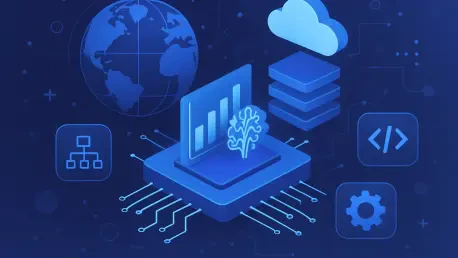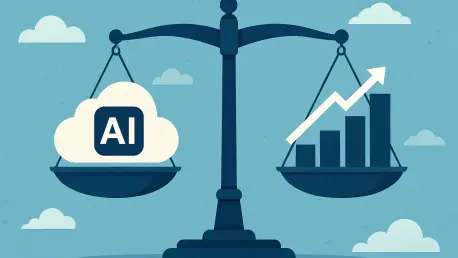

With a keen eye for turning vast datasets into compelling visual stories, Chloe Maraina has established herself as a leading voice in business intelligence and data science. Her work focuses on the future of data management and the strategic integration of AI into the very fabric of enterprise

The ballooning financial burden of managing enterprise-scale data infrastructure is compelling technology leaders to seek more sustainable solutions that do not compromise on performance. In an economic landscape where data is the primary driver of competitive advantage, the costs of its storage,

In the competitive landscape of digital commerce, justifying the significant investment in a dedicated mobile app has often been a complex endeavor for brands, with key performance metrics scattered across a disconnected ecosystem of analytics platforms. This fragmentation forces merchants into a

Commvault's remarkable journey from a respected but aging data backup provider to a dominant force in the high-stakes arena of cyber resilience stands as a masterclass in corporate reinvention. Once at risk of being sidelined by nimbler, cloud-native startups, the company executed a profound

We're joined today by Chloe Maraina, a leading Business Intelligence expert with a deep understanding of data science and the future of data management. As organizations navigate the complex intersection of cloud technology, artificial intelligence, and tightening regulations, the concept of data

As the final trading days of 2025 approached, the cloud computing sector found itself in a precarious yet powerful position, defined by a dramatic tug-of-war between an explosive artificial intelligence investment cycle and the persistent gravity of macroeconomic anxieties. While the broader market

In the relentlessly demanding digital landscape, the pressure to consistently produce high-quality content has become a significant bottleneck for businesses and individual creators, often leading to creative burnout and missed opportunities. The relentless cycle of brainstorming, drafting,

In an industry where channel programs often prioritize sheer volume of partners over qualitative success, Azul has demonstrated the profound impact of a strategic pivot toward maturity and discipline within its global ecosystem. The Java-focused company recently announced unprecedented momentum

The relentless search for that one critical piece of information buried deep within countless channels, threads, and documents has become a universal tax on productivity for knowledge workers everywhere. As companies grapple with ever-expanding digital archives, the promise of an intelligent

Solar water pumping systems are increasingly recognized as a foundational technology for sustainable agriculture, providing a clean and cost-effective method for irrigation that can liberate farmers from the volatility of fossil fuel prices and the limitations of unreliable electrical grids. This
ITCurated uses cookies to personalize your experience on our website. By continuing to use this site, you agree to our Cookie Policy